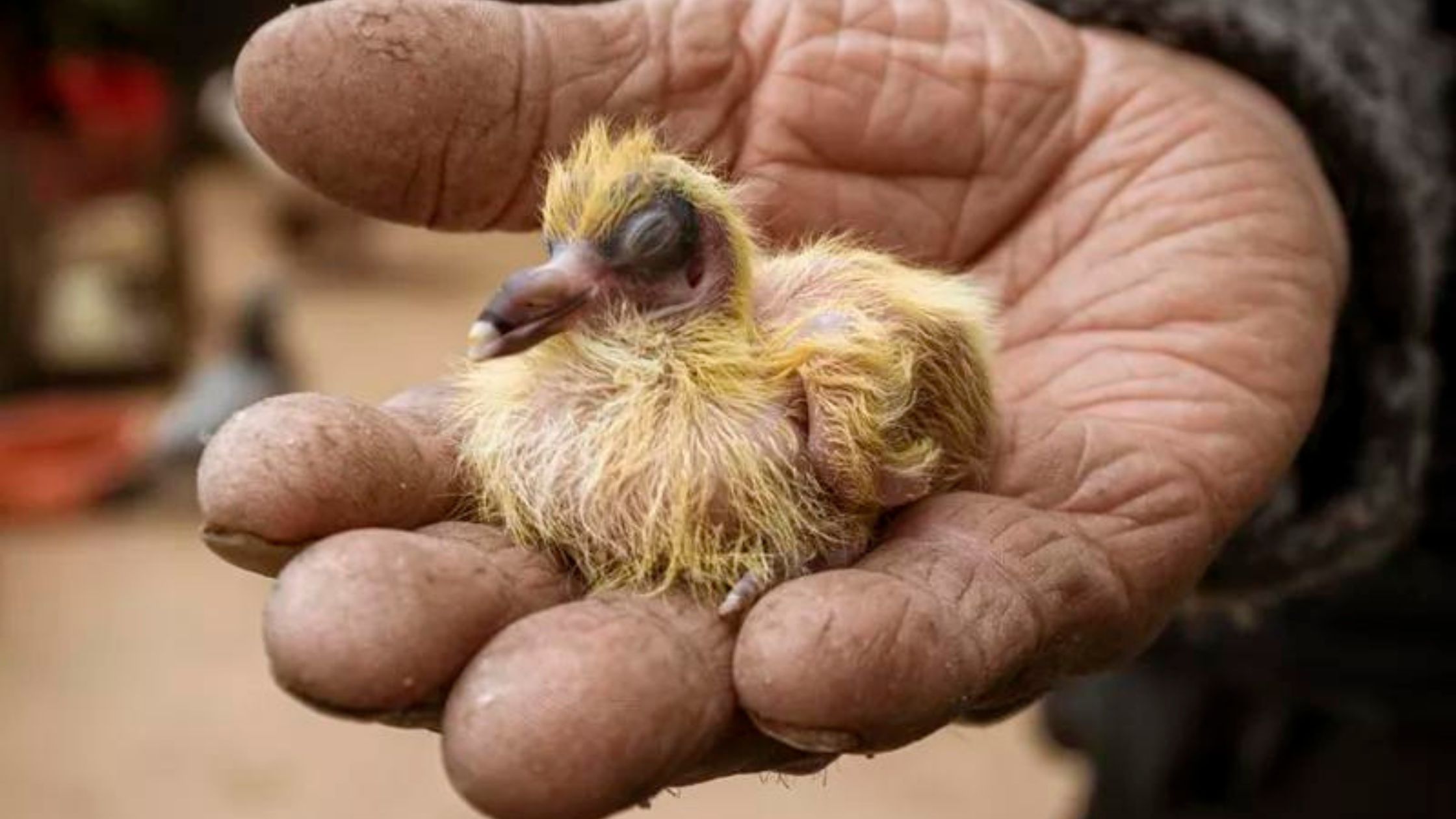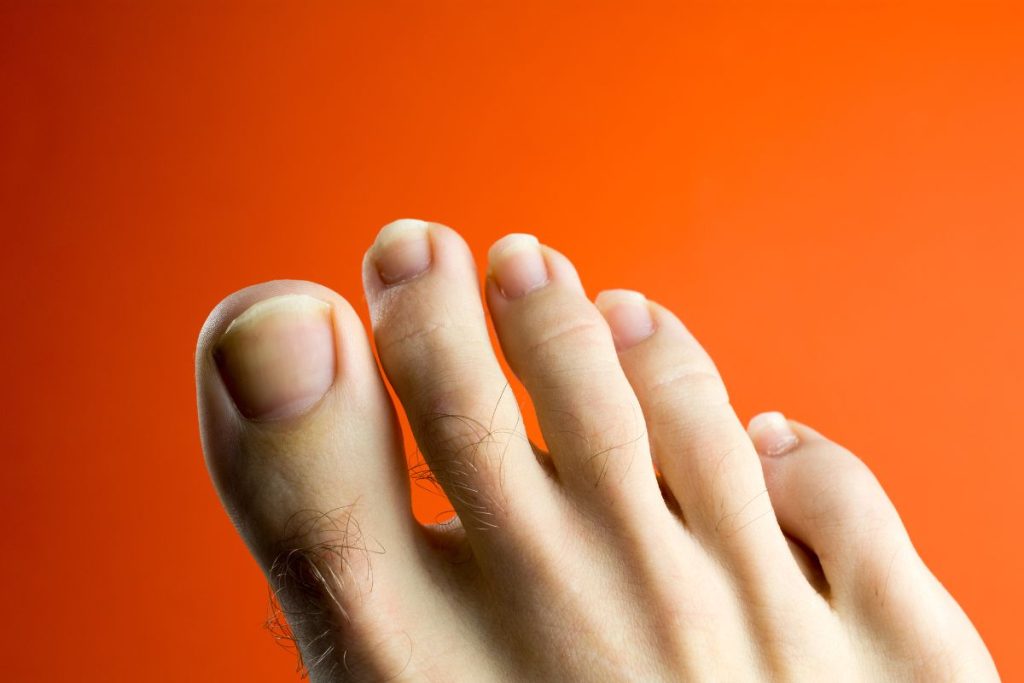
Baby Pigeons: Everything You Need to Know
Pigeons are generally monogamous birds that tend to stay with one mate for life. When ready to mate, the male chooses a nest site and performs a courtship display to attract a female. Pigeons can mate at any time of year, but in temperate regions, they may avoid nesting during the coldest months.
A week or two after mating, the female lays her eggs. She usually lays two eggs, but sometimes a third, and very young or old birds may only lay one. Both parents help to incubate the eggs, which takes about 16-19 days.
Table of Contents
What Do Baby Pigeons Look Like?
Baby pigeons, also known as squabs, are born naked and helpless, with closed eyes, and entirely dependent on their parents. They are covered in soft, downy plumage that gradually develops into adult feathers as they mature. They have pink skin and tiny yellow feathers, and their limb proportions can look a little unusual.
Where Are Baby Pigeons?
Baby pigeons stay in the nest for about a month after they hatch and are fully grown by the time they leave. Pigeons like to nest in hidden places, such as crevices or enclosed spaces, that are sheltered from wind, sun, and predators. Nests can be found on window ledges of tall buildings, under eaves, inside abandoned buildings, and on flat surfaces like building ledges and air conditioning units.
How Can I Spot a Baby Pigeon?
Although baby pigeons are elusive, you might hear their high-pitched “chirps” from inside a nest. Once they leave the nest, juvenile pigeons are actually quite easy to spot if you know what to look for. Pay close attention to flocks of pigeons, as juveniles will be hiding in plain sight.
Here are three ways to identify a baby pigeon:
- Look for a pigeon with soft, downy plumage that looks different from the adult feathers.
- Listen for unusual cooing sounds. When a male pigeon is at his nest, he will make an “advertising coo” to show off his cool spot.
- Keep an eye out for strange behaviour. Juvenile pigeons may behave differently from adults as they are still learning.
Can I Handle Baby Pigeons?
It is best to leave baby pigeons alone and let the parent birds raise them. Handling baby pigeons could disrupt their feeding schedule or accidentally hurt them. If you want tame pigeons, you should handle the babies when they are very young and out of the nest, being careful not to make sudden movements or loud noises that might frighten them.
Fun Fact
Did you know that pigeons produce a substance called “pigeon milk”? Both male and female pigeons feed their chicks “crop milk,” a cottage cheese-like substance produced in their crops (a storage pouch in their throat). This milk is rich in protein and allows baby pigeons to grow up very fast.
July 16, 2024

















